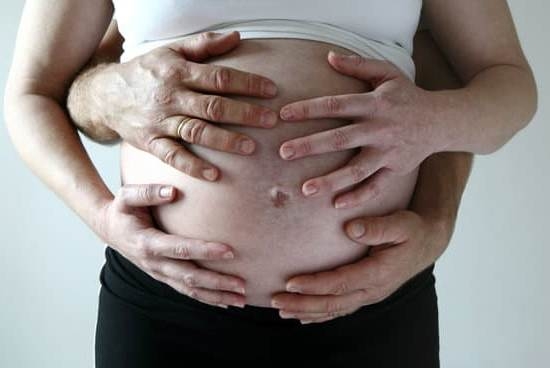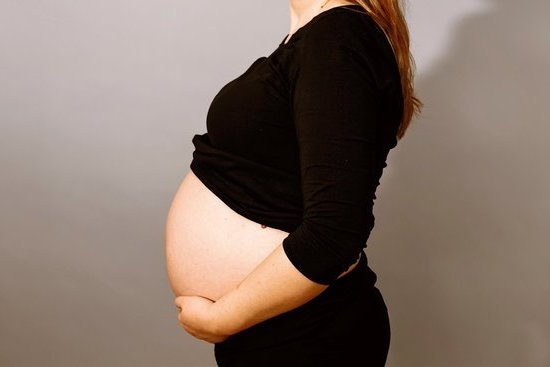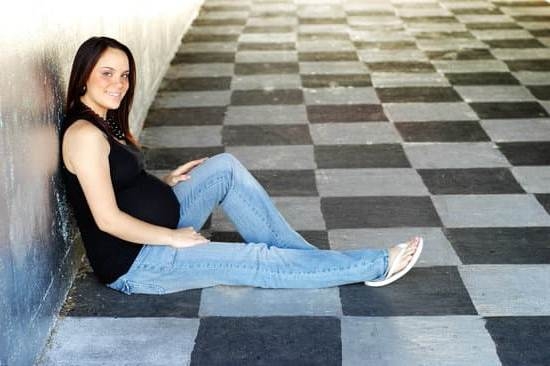Chances of Water Breaking During Second Pregnancy
Having a baby is a time of anticipation, joy, and sometimes worry. You know childbirth is unpredictable, but you may be wondering if having a second — or third, fourth, or fifth — child is any different.
One question that comes up often is whether a woman’s waters breaking is more likely to happen with subsequent pregnancies. While it’s true that certain changes may occur to a woman’s body as she experiences each pregnancy, understanding the chances of your water breaking during second pregnancy is important for every mom-to-be.
What Does It Mean When Your Waters Break?
The amniotic sac contains a clear liquid surrounding your fetus to help keep it protected. As you approach your due date this sac may rupture, releasing the fluid. This is referred to as “breaking your waters” or when a woman’s “water breaks.”
When your amniotic sac ruptures at the start of labor, there are typically certain signs you should look out for. You’ll notice a large gush or a trickle of fluid that is clear or has a hint of pink or blood.
Is Water Breaking More Likely During Second Pregnancy?
At this time there is not enough evidence to suggest that water breaking is more likely during second pregnancy, compared to a first. Though, some women may be more likely to experience their water breaking thanks to certain risk factors. You may be at an increased risk of your waters breaking if:
- You experienced premature rupture of membranes (PROM) with your last pregnancy.
- You are pregnant with twins, triplets, quadruplets, etc.
- You are pregnant with a larger baby.
- You have an infection in your uterus.
If you have any of the risk factors above, your doctor may be extra vigilant in monitoring the condition of your amniotic sac.
What Should You Do If Your Water Breaks?
If you think your water has broken, you should contact your doctor or midwife immediately. If you’re unsure if the fluid you are experiencing is your water breaking, try wearing a pad. The color of the fluid may help you determine the difference between urine and amniotic fluid.
Your doctor may want to check for bacterial infection depending on the color and smell of the fluid, as well as other factors.
By understanding the chances of your water breaking during a second pregnancy, you can be prepared for the big day. Remember that chances of your water breaking may also differ depending on your individual risk factors — so make sure to talk to your doctor if you have any questions on the safety and well-being of you and your baby.

Welcome to my fertility blog. This is a space where I will be sharing my experiences as I navigate through the world of fertility treatments, as well as provide information and resources about fertility and pregnancy.





